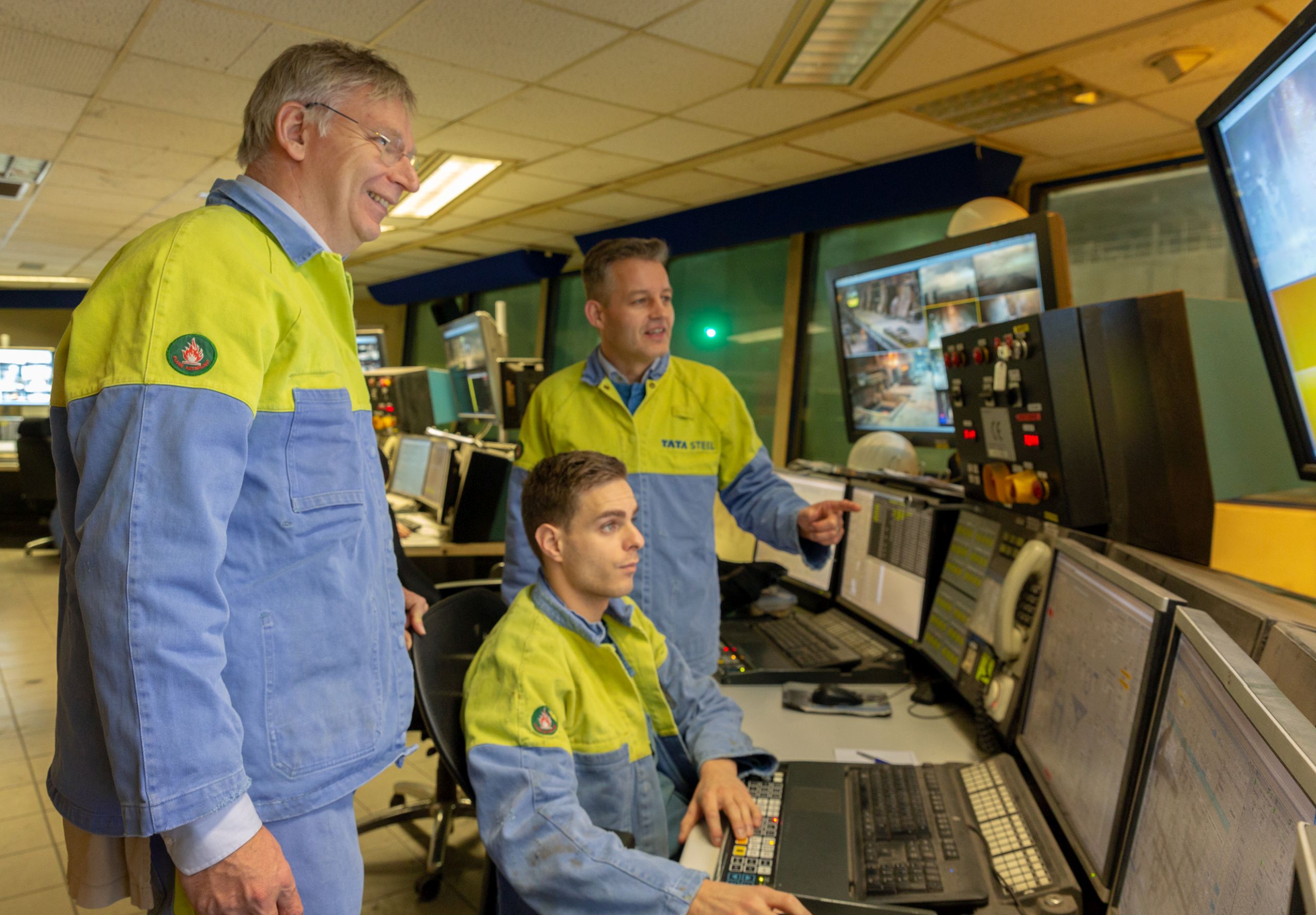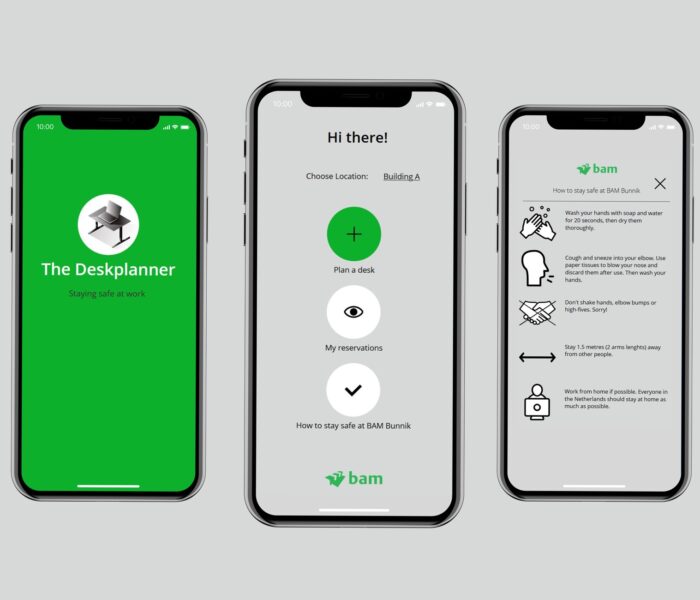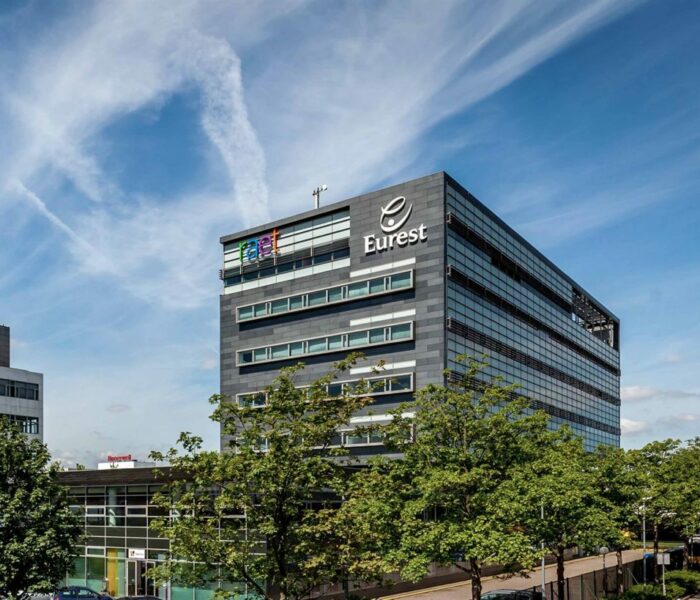About Tata Steel
Tata Steel in IJmuiden is a steel producer producing and processing 7 million tonnes of steel on an annual basis. In IJmuiden, some 9,000 people are employed. The site covers an area of 750 hectares and comprises several plants for a variety of steel processing methods. Its size makes it a very complex company, both from a production point of view and in terms of internal communication and coordination.
Challenge: making it easier for employees to do their job
Tata Steel’s digital transformation is not about the applications as such, but about the production and office workers using these applications. In order to shape the digital transformation, Tata Steel developed a roadmap in which a number of key objectives have been identified that have to be addressed with priority. The main goal is to create more value. The digital transformation started from Advanced analytics. The focal points in the roadmap are digital in maintenance, certified dashboards, self-service BI and reducing complexity.
Employees face an increasing workload. Part of this workload is caused by administrative processes. Tata Steel seized the opportunity to make life a little easier for its employees by developing specific tools for them. To this end, the company uses many practical apps, such as monitoring systems, conference apps, apps for travel requests and timesheets. Since 2016, some 1,000 different tools and apps have been developed using the Microsoft Power Platform.
Approach: 80,000 permits in one app
One of the latest apps on this no/low-code platform is applying for a work permit. Contractors need a work permit for all work carried out on the Tata Steel site – this amounts to a total of some 80,000 permits a year. A work permit grants a contractor permission to carry out work. This permit includes a job description and specifies measures that must be taken to safely carry out the work. All work permits have to be stored and must be retrievable at all times. The process itself is a combination of part digitised and part paper work, which makes it very time-consuming. Using the Power Platform, parts of the process can be digitised and optimised, which saves the end user a considerable amount of time.
For the development of the app, we worked on the design of a user-friendly ‘drag-and-drop’ interface. A number of functionalities in the app have been realised by means of JavaScript. The Power Portal enables interaction with external contractors, allowing them to contribute to the work permit. The portal and the app use the same database.
If an employee wants to record a final work permit, they click on the ‘generate work permit’ button in the app. A document is then created and the applicant receives an email. The app consists of three tabs. The first tab page contains a description of the task, the location of the work to be carried out and associated forms. The second tab serves to indicate who is authorised to approve the work permit and what their role is. The contractor’s contact person is also entered here. The third tab contains a risk analysis, of both work- (health and safety) and environment-related conditions and the measures taken.
Result: A user-friendly app in three months
It took about three months and 2.5 FTE to build the app. According to the client, the app perfectly fits their requirements and the Power Platform is well-prepared for future developments. It can still be improved upon by adding digital signatures. Tata Steel could have purchased a similar solution, but concluded that a pre-built application is not always the most cost-effective solution, because it is not easy to integrate and also does not always suit the company’s processes.
What did the client think?
General Manager Advanced Analytics for Tata Steel Europe, Menno van der Winden: “We were able to build quickly and in a short cycle, which benefits user acceptance. We decided to use Power Apps and the Power Portal, because this platform enabled us to create a professional application we can continue to improve.”









